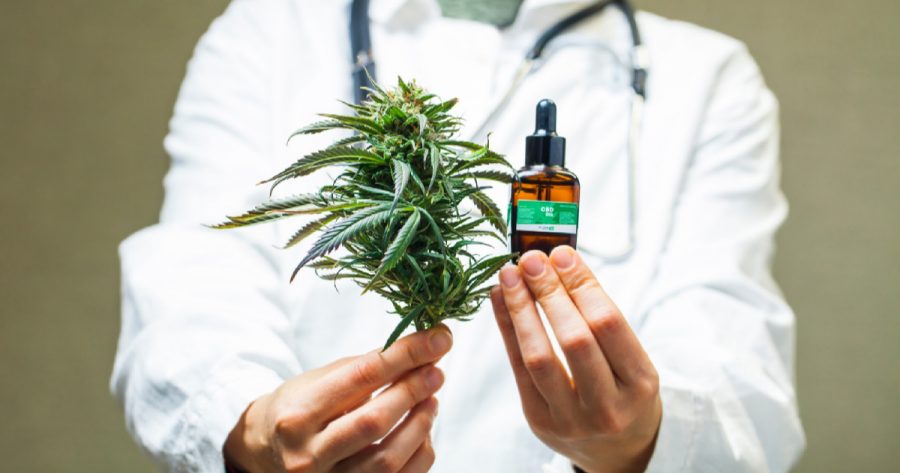Alabama’s draft medical cannabis bill: What does it entail?
The vast majority of members who form Alabama’s Medical Cannabis Study Commission support a bill to legalize the plant for pharmaceutical purposes.
In an attempt to sway lawmakers’ decisions on the regulation of cannabis-based products and plant cultivation, 12 members of the 18-strong Commission voted in December 2019 to support the passage of a draft medical cannabis bill. If approved, the bill would establish a medical cannabis program for qualifying patients and, consequently, Alabama would become the 34th U.S. state to pass such a law.
The panel, which is comprised of doctors, lawyers, and various other professionals, reviewed each facet of Alabama’s draft medical cannabis bill; such as the qualifying conditions, taxes, sales, testing procedures, transportation requirements, as well as rules regarding packaging and advertising.
An overview of qualifying conditions for medical cannabis in Alabama
As per details of Alabama’s draft medical cannabis bill, the plant could be prescribed to patients who suffer from pain, nausea, seizures and various other symptoms caused by around a dozen different categories of medical conditions.
Patients who wish to receive medical cannabis in Alabama must first be diagnosed by a licensed doctor. The doctor will assess their condition to determine whether or not they suffer from one of the following ailments/diseases/medical conditions:
- Dementia-related agitation
- Autism Spectrum Disorder
- Chemotherapy-induced nausea or vomiting
- Crohn’s disease or irritable bowel syndrome
- Chronic pain, e.g. caused by fibromyalgia or migraines
- Epilepsy or a seizure-causing condition
- HIV-AIDs-related nausea or weight loss
- Post traumatic stress disorder (PTSD)
- Sleep disorders
- Spasticity, e.g. caused by ALS, multiple sclerosis or spinal cord injuries
- Terminal illness; life expectancy of six months or less
- Tourette’s Syndrome
Doctors who wish to prescribe medical cannabis in Alabama would need to undergo a two-hour continuing education course. Once approved, patients would receive a medical cannabis card that entitles them to obtain medicine in the form of capsules, gels, inhalers, liquids, oils, tinctures or vapors. Raw plant material or smokeable products would be forbidden under Alabama’s medical cannabis rules.
Alabama’s medical cannabis bill would set up an 11-member commission
A “seed-to-sale” tracking system would be overseen by the Alabama Medical Cannabis Commission; featuring an electronic registry that would monitor everything from patients and doctors to sales and prescribed dosages. Licensed dispensaries would be required to input information regarding product sales into the patient registry.
Medical cannabis processors would be regulated and licensed by the Commission, as well as dispensaries, state testing laboratories and transporters. Some other duties that would be executed by the 11-member commission include establishing packing, labeling, marketing and advertising standards/restrictions for the medical cannabis industry. Cultivators would be regulated and licensed by the Alabama Department of Agriculture and Industries.
Possession, exceptions, taxes and workplace rules for medical cannabis in Alabama
Anyone approved to receive medical cannabis in Alabama could not possess more than 70 daily dosages at any given time. Individuals who qualify for cannabis-based treatments, but are aged below 19, could obtain their medicine through a registered caregiver.
Consuming cannabis in the workplace wouldn’t be a requirement, as per Alabama’s draft medical cannabis rules; meaning that employees could be dismissed for using the plant. Moreover, employer healthcare and insurance plans wouldn’t need to cover medical cannabis use.
A nine percent state tax would be imposed on the gross proceeds of Alabama’s medical cannabis products, in addition to an annual privilege tax for those involved in the prospective legal market.
The next legislative session commences on February 4.








